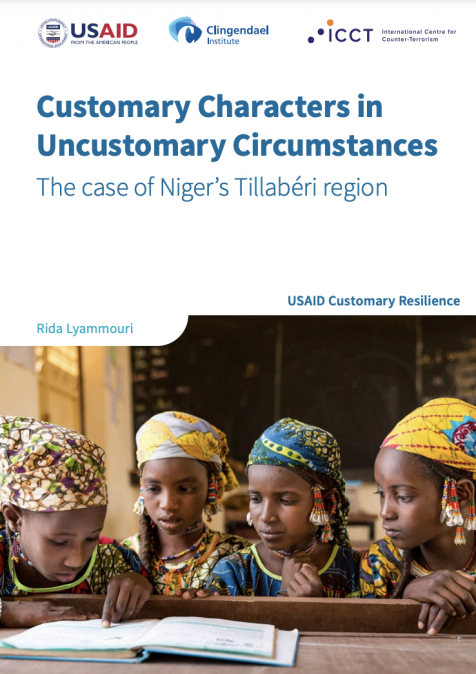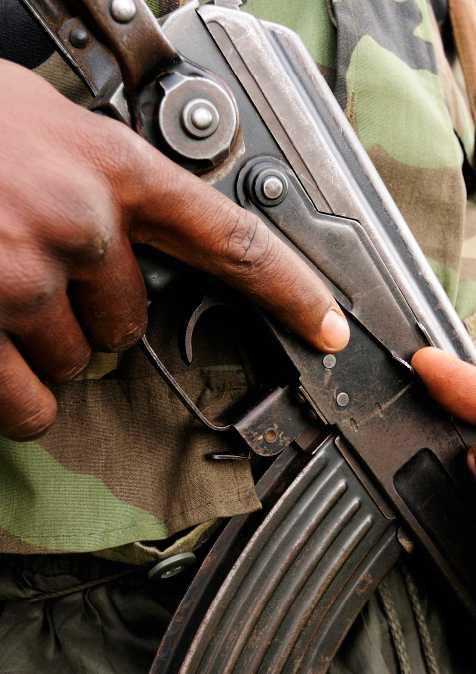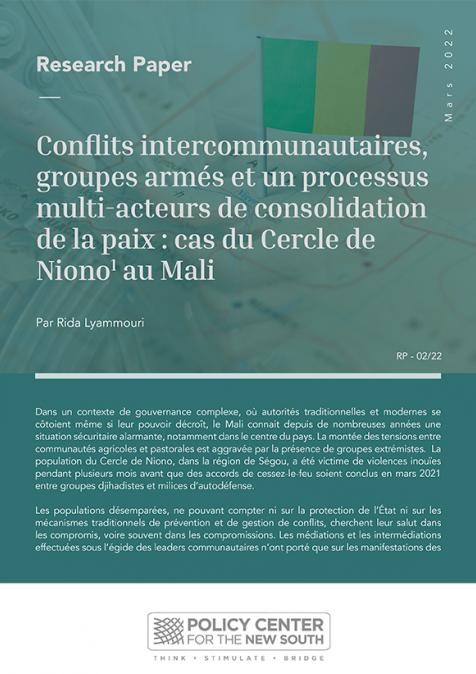Podcasts
Perspectives stratégiques : Les défis sécuritaires de la Mauritanie
18
July
2025
Related topics:
Dans cet épisode du podcast APSACO, Monsieur Dahane Ahmed Mahmoud, Directeur de l’Institut Mauritanien d’Études Stratégiques, aborde les défis sécuritaires auxquels fait face le pays ainsi que les fondements de sa stabilité. Située au carrefour du Maghreb, du Sahel et de l’Atlantique, la Mauritanie adopte une stratégie fondée sur la gouvernance territoriale, des approches intellectuelles de lutte contre l’extrémisme, et une diplomatie de non-alignement. Un éclairage précieux sur une trajectoire nationale encore largement méconnue.






